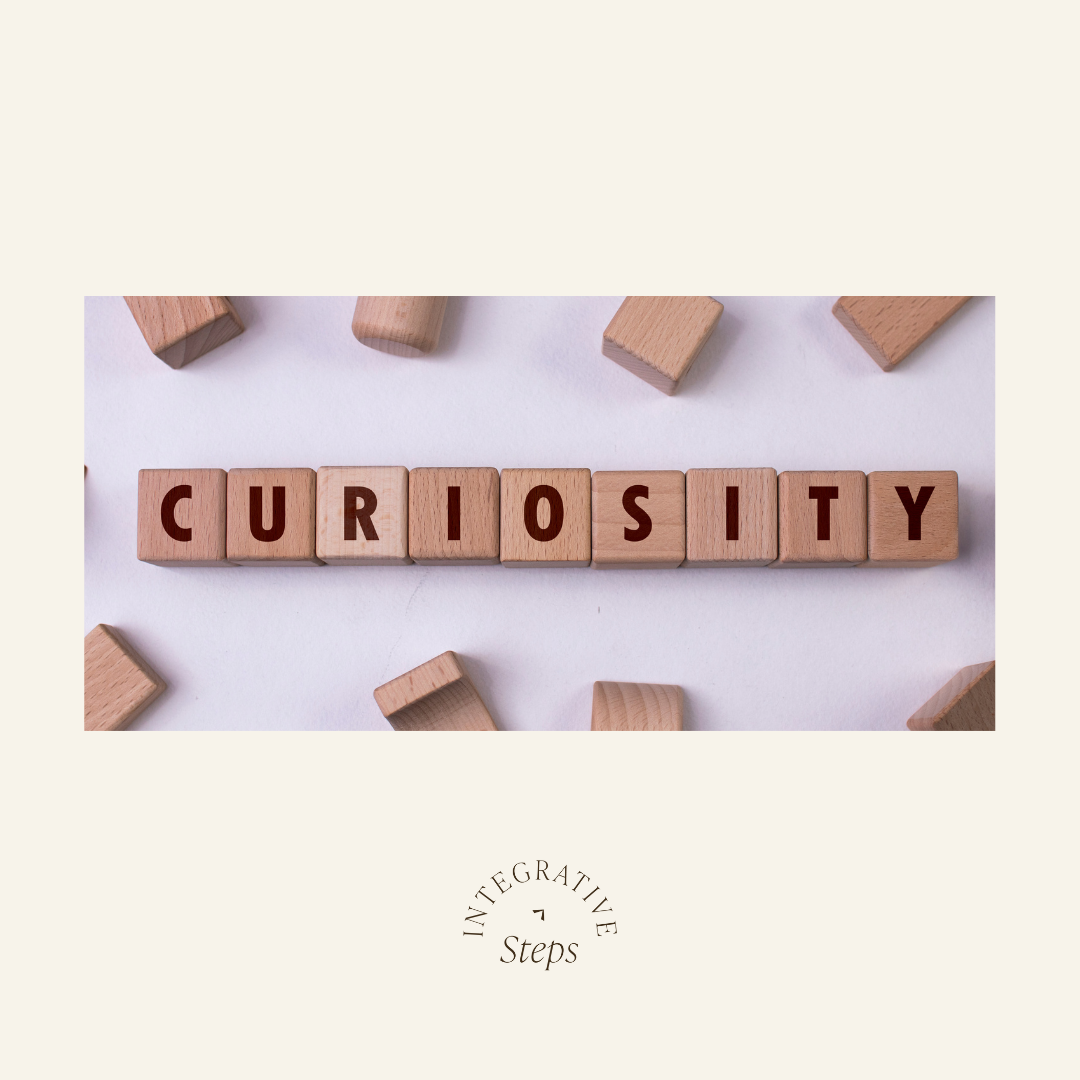Using Curiosity as a Reflection Tool
Three circumstances where using curiosity can help as a self-reflection tool.

Three circumstances where using curiosity can help as a self-reflection tool.

Curiosity is the desire to learn or know more about something or someone. It is often associated with positive traits such as creativity, intelligence, and openness.
But did you know that curiosity can also be a powerful tool for self-reflection?
Self-reflection is the process of examining and understanding your own thoughts, feelings, and actions.
It can help you improve self-awareness, personal growth, and well-being. In this blog post, I will share three circumstances where using curiosity can help as a self-reflection tool.
Negative self-talk involves thinking or saying negative things about yourself, such as “I’m not good enough”, “I can’t do this”, or “I’m a failure”. Negative self-talk can lower your self-esteem, confidence, and motivation. It can also make you feel anxious, depressed, and hopeless.
Instead of trying to push away or ignore your negative thoughts, consider using curiosity to invite them in and explore them. Ask yourself questions such as:
By using curiosity, you can uncover the root causes and patterns of your negative self-talk. You can also challenge and replace these negative thoughts with more positive and realistic ones. This can help boost your self-esteem, confidence, and motivation, and reduce your negative emotions.
Criticism is the expression of disapproval or disagreement with someone or something, based on perceived faults or mistakes. Criticism can be constructive or destructive, depending on the intention, tone, and content of the feedback. Criticism can be helpful or harmful, depending on how you receive, interpret, and respond to it.
When someone criticizes you or gives you a negative review, you can use curiosity to evaluate and learn from it. Ask yourself questions such as:
With curiosity, you can distinguish between helpful and harmful criticism, and use it as a source of feedback, not failure. You can also avoid taking criticism personally, defensively, or emotionally, and instead focus on the facts, solutions, and outcomes. Using curiosity as a skill to combat these automatic negative emotions can improve your relationship with self and others.
Motivation is the drive or desire to do something, especially something that involves effort, challenge, or difficulty. Motivation can be intrinsic or extrinsic, depending on whether it comes from within yourself or from external factors. Motivation can be influenced by many factors, such as your goals, values, interests, beliefs, attitudes, emotions, and environment.
When you lack motivation to do something, try using curiosity to spark and sustain it. Ask yourself questions such as:
With curiosity, you can enhance your intrinsic motivation, which is more powerful and lasting than extrinsic motivation. You can also increase your level of interest, engagement, and goal-setting satisfaction. Curiosity has the power to improve your overall productivity, performance, and well-being.
Curiosity is not just a trait, but also a skill that you can cultivate and apply to various aspects of your life. One of the most beneficial ways to use curiosity is for self-reflection, which helps build a deeper understanding of self. By engaging in curiosity, you impart the gift of wisdom on self and others. With practice, over time, your mindset will surely evolve.